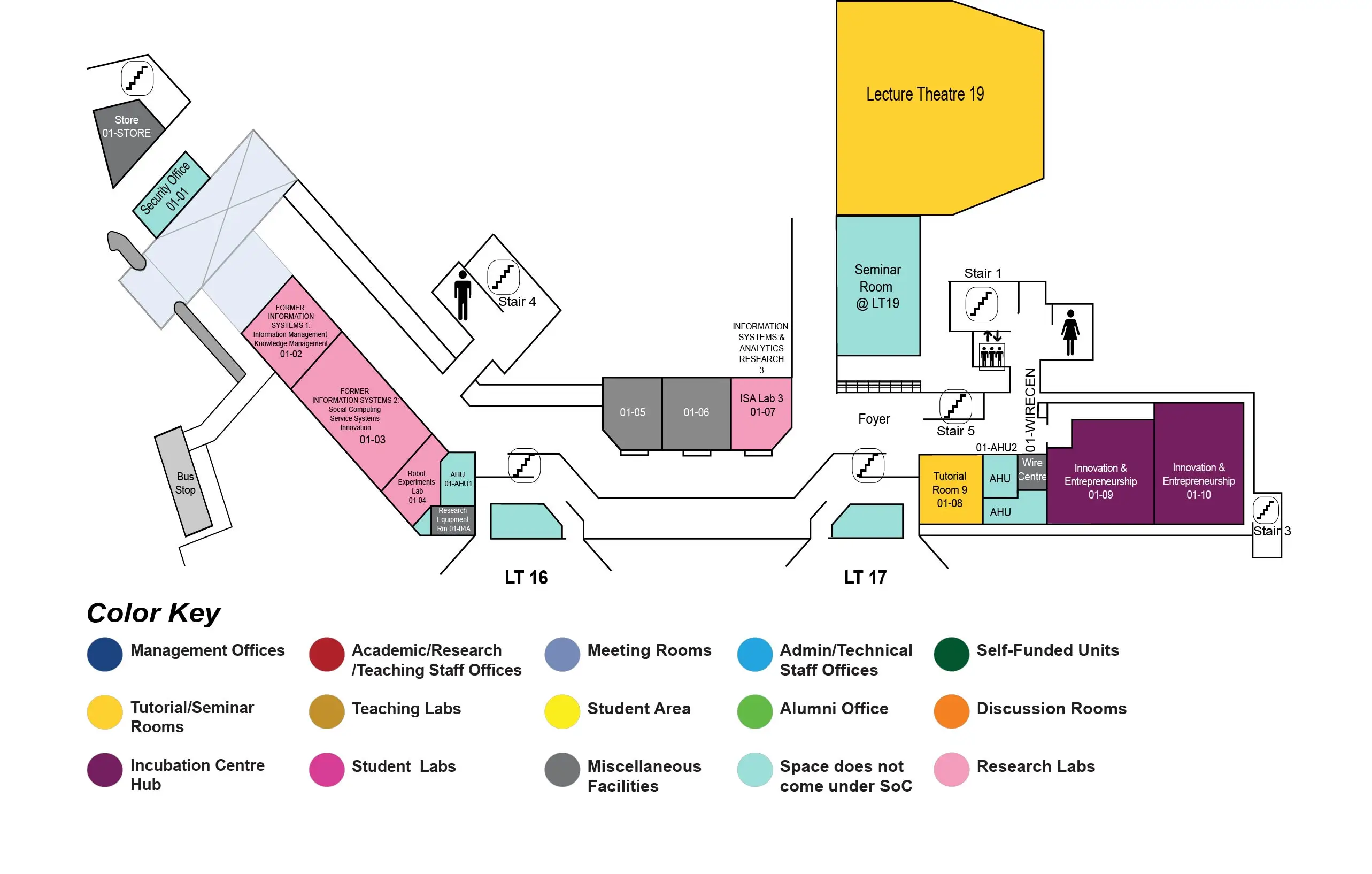Beyond Supervised Learning - Towards Artificial Intelligence
School of Engineering and Applied Sciences
Harvard University
COM2 Level 1
LT19, COM2 level 1

Abstract:
Supervised learning is a cognitive phenomenon which has proved amenable both to theoretical analysis as well as exploitation as a technology. As theory we have definitions of what goals need to be achieved when learning is being done, and some understanding of the inherent possibilities and limitations of the phenomenon. As a technology machine learning has proved successful in a rapidly growing area of applications, especially in the last decade, by the combination of highly effective learning algorithms, fast computers and plentiful data.
However, not all of cognition can be accounted for by supervised learning. The question we ask here is whether one can build on the success of machine learning to address the broader goals of artificial intelligence. We regard reasoning as the other main component of cognition. We suggest that the central challenge therefore is to unify the formulation of these two fundamental phenomena, learning and reasoning, with one common semantics into a single framework. We propose Robust Logic for this role, as such a framework with a satisfactory theoretical basis just like supervised learning. Testing it experimentally on a significant enough scale remains a major challenge for the future.
Biodata:
Leslie Valiant was educated at King's College, Cambridge; Imperial College, London; and at Warwick University where he received his Ph.D. in computer science in 1974. He is currently T. Jefferson Coolidge Professor of Computer Science and Applied Mathematics in the School of Engineering and Applied Sciences at Harvard University, where he has taught since 1982. Before coming to Harvard he had taught at Carnegie Mellon University, Leeds University, and the University of Edinburgh.
His work has ranged over several areas of theoretical computer science, particularly complexity theory, learning, and parallel computation. He also has interests in computational neuroscience, evolution and artificial intelligence and is the author of two books, Circuits of the Mind, and Probably Approximately Correct.
He received the Nevanlinna Prize at the International Congress of Mathematicians in 1986, the Knuth Award in 1997, the European Association for Theoretical Computer Science EATCS Award in 2008, and the 2010 A. M. Turing Award. He is a Fellow of the Royal Society (London) and a member of the National Academy of Sciences (USA).

